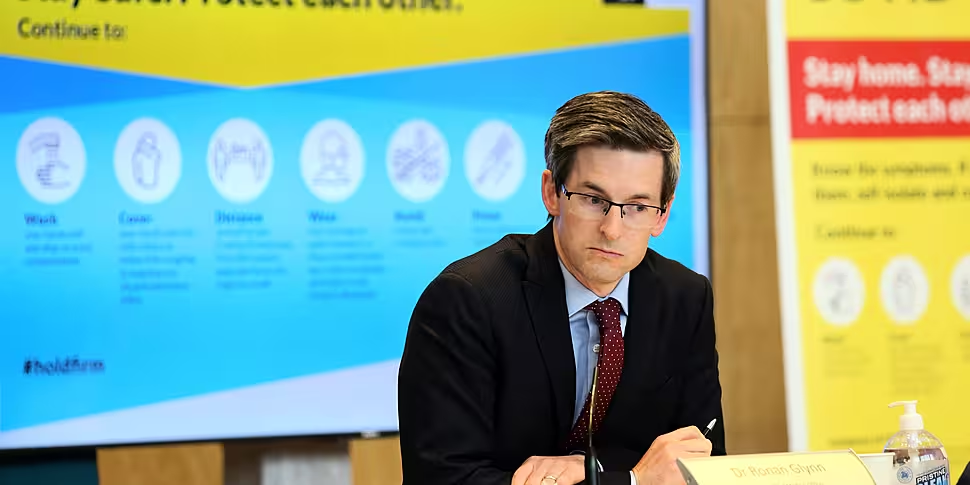Dr Ronan Glynn says the Omicron strain is so transmissible that if someone tests positive there's a "very strong" chance they've already passed it on to people they live with.
NPHET's urging people to stay home and isolate as a household group if anyone gets a positive PCR or antigen test result for the virus.
The latest figures show there were 6,307 new confirmed cases on Wednesday, with the five-day moving average of new cases now over 5,700.
Speaking to Newstalk, the Deputy Chief Medical Officer Dr Glynn said people must stay home if they have any symptoms.
He said: “We know this is a really difficult message to be giving to people.
“But the reality is that, particularly with Omicron, if one person in the household tests positive for COVID-19 there’s a very strong likelihood that other people in the household will also have been infected and are on the way to testing positive.
“There’s really no other advice we can give, other than to say if anybody in your household tests positive - on either an antigen or a PCR test - then you all need to stay away from others.”
Dr Glynn said people who've had a booster vaccine dose should be aware it takes a full seven days for the extra protection to take effect.
While the current surge is “very challenging”, the deputy CMO also stressed that Ireland’s in a very different situation than it was this time last year.
He said: “An awful lot has changed.
“This time last year, if we reported 6,000 cases… we would have been able to predict that 300 of those people would end up in hospital.
“Thanks to vaccination and booster vaccination, we know that less than 100 of the cases today are likely to end up in hospital, on average, over the next week or two.”
Hospitalisations
While case numbers have continued to rise in recent weeks, there has also been a steady decline in the number of patients in Irish hospitals with COVID-19.
As of yesterday morning, there were 429 confirmed COVID cases in hospital - down more than 200 compared to a month ago.
Early data from the UK has indicated there is likely to be some reduction in the risk of hospitalisation from Omicron compared to Delta.
One study from Imperial College London said estimates suggest Omicron cases are 15% less likely to attend hospital and 40% less likely to be hospitalised for a night or more.
However, the researchers warn that there's still a risk of the health services facing "increasing demand if Omicron cases continue to grow".
More than 100,000 new COVID cases were reported in the UK yesterday - the highest figure since the pandemic began.









